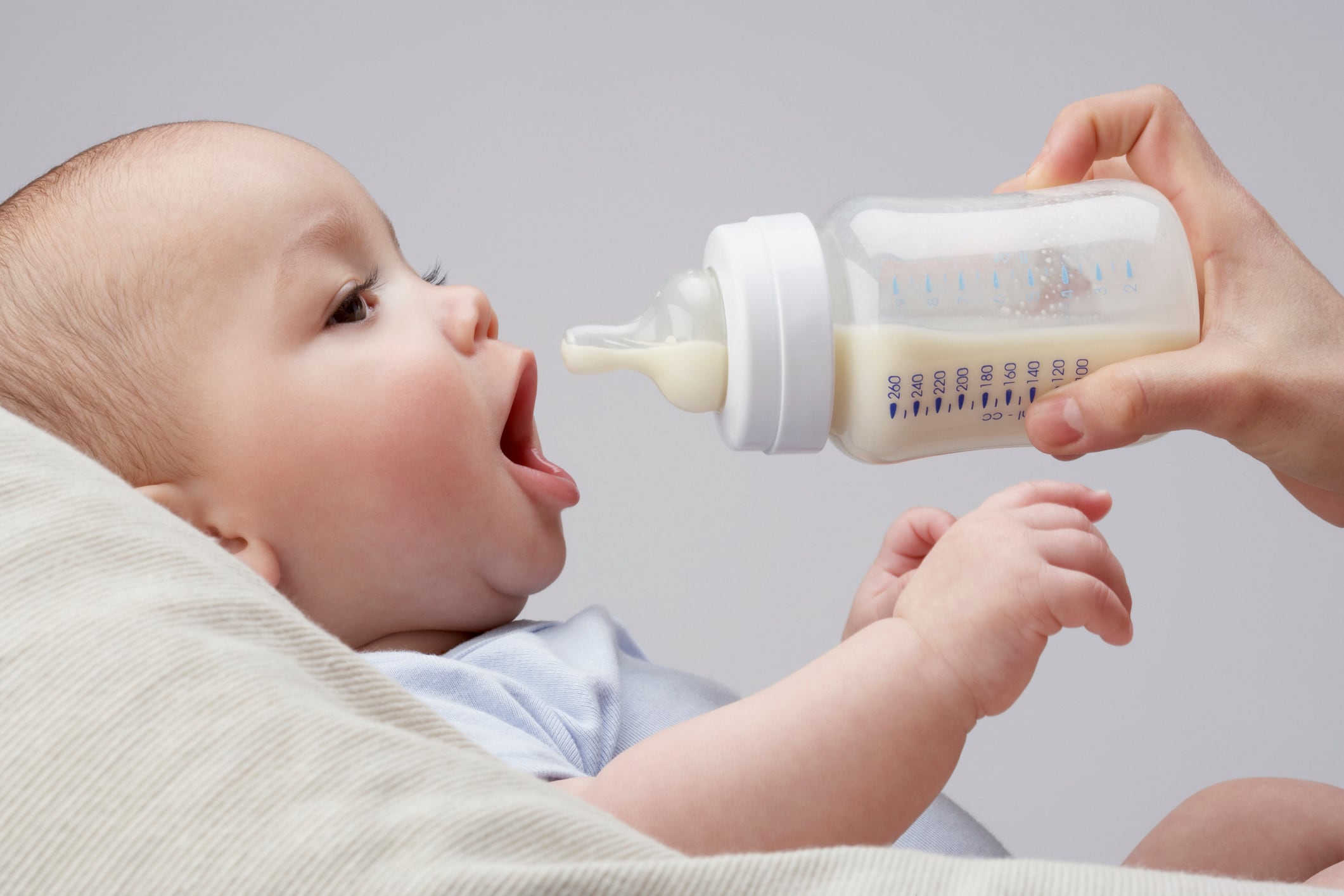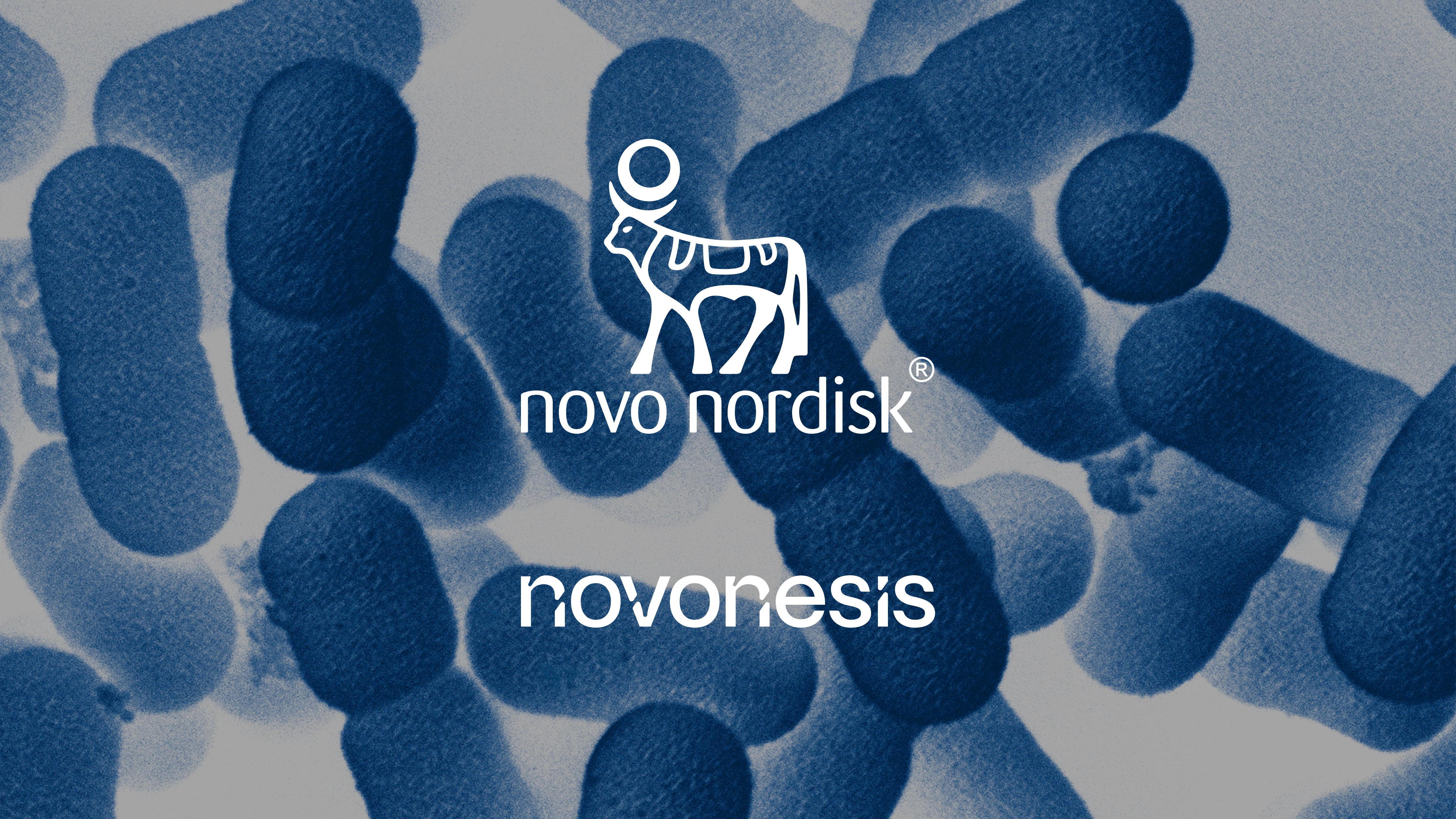Asked about the factors that mattered to them when choosing a formula product, 40% of the mothers named quality, 40% mentioned nutrients and ingredients, and 30% named health and safety, according to a YouGov survey of 6,800 women commissioned by Arla Foods Ingredients.
Factors associated with quality included naturality, closeness to breast milk and organic status, the supplier told NutraIngredients.
When shown a list of health benefits and asked to pick three that were most important when buying formula, healthy growth scored highest (chosen by 61%), followed by immunity (56%) and gut comfort (44%).
The highest priority in terms of product labeling was nutritional information, which mothers saw as more important than indications of organic status or sustainability-related features.
The survey is the third of its sort to be commissioned by the firm since 2018. Top rated factors have remained largely unchanged in that time frame, apart from a brief switch taking immunity to top spot during 2020, likely due to COVID-19.
Only half the mothers surveyed were able to name any ingredients in infant formula. However, when prompted, lactose was very widely heard of, followed by probiotics, milk fat and plant proteins.
Overall, the lowest levels of knowledge about different ingredients were found in Europe, likely due to regulatory red tape.
“In Europe, we have strict guidelines on how much on-pack (and off-pack) communication is allowed for infant formula, and it’s not much—there are almost no claims allowed,” said Viorela Andreea Indolean, industry marketing manager for early life nutrition at Arla Foods Ingredients.
Mothers in Asian countries, especially China, displayed higher than average awareness of and preference for specialied protein ingredients like alpha-lactalbumin, whey protein hydrolysate and milk fat globule membrane.
The survey spotlights the importance of reaching mothers in the first instance of formula use as they are unlikely to switch once they have started using one brand.
“As the first point of contact with infant formula is usually in a hospital setting, product choice is highly influenced by the recommendation mothers receive from their health care professionals,” Indolean said. “As mothers usually trust the advice they get from their HCP, they tend to stick to the recommended formula unless there are tolerance issues with it, rather than going out and doing a lot of their own research.”
Arla Foods Ingredients supplies milk protein hydrolysates that are typically used in comfort and allergy management formulations.
“Clinical evidence also suggests that alpha-lactalbumin plays a role in gut health support, so milk protein hydrolysates and alpha-lactalbumin can be used in infant formulas with a gut comfort positioning,” ” Indolean said.
The survey included a minimum of 500 women in each country: France, Germany, Poland, the UK, China, India, Indonesia, Japan, South Korea, Vietnam, Brazil, Mexico and the United. All respondents were between the ages of 18 and 45, educated to at least college level and either had children aged 4 and under, or were pregnant.
“As an ingredient supplier, we can’t directly influence mothers’ knowledge about infant formula ingredients, but what we can do is to try to understand their needs, attitudes and preferences, which is exactly why we conduct research like this,” Indolean added.
“It gives us first-hand information that we can use to help manufacturers create innovative. products that are as close as possible in composition to breast milk. That’s nature’s own personalized, complex and dynamic form of nutrition and the gold standard in our industry.”
Arla Foods Ingredients will discuss the findings in a webinar at 9 a.m. CET on Oct. 30.




